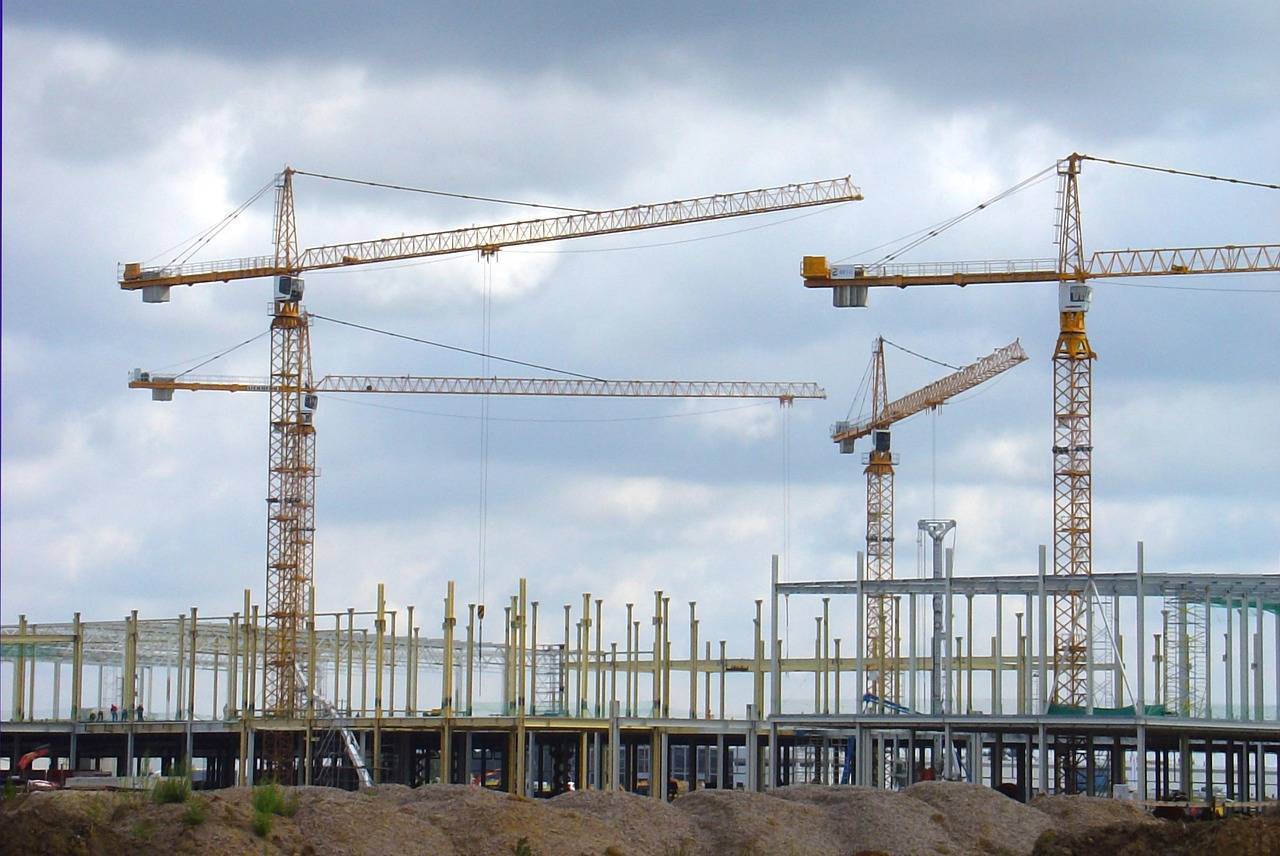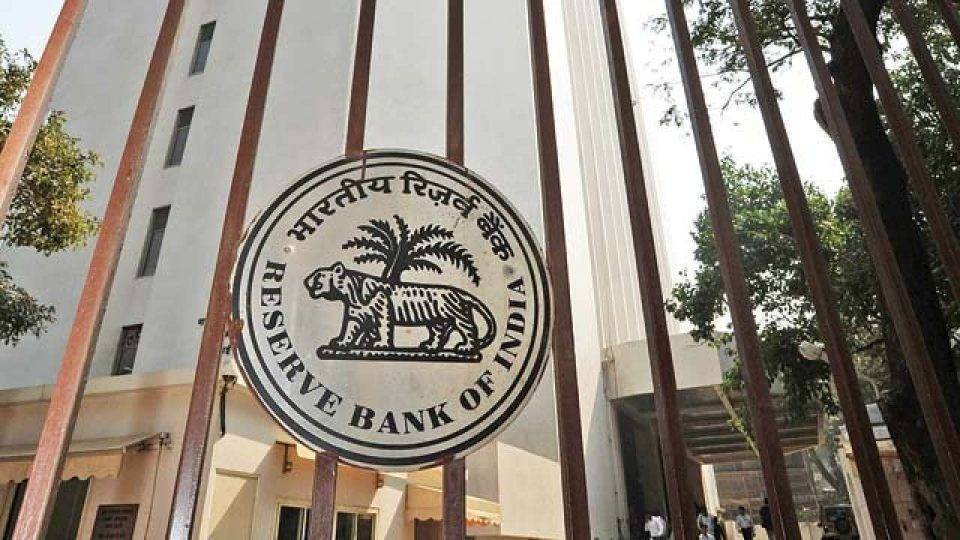The National Real Estate Development Council (NAREDCO), a prominent realtors' body, has put forth a significant proposal aimed at enhancing the housing sector in India. In a statement released on Tuesday, NAREDCO recommended that the tax relief for home loan interest on self-occupied properties be increased from the current limit of ₹2 lakh to ₹5 lakh in the forthcoming Union Budget.
Current Tax Provisions for Home Loans
Under Section 24 of the Income Tax Act, taxpayers are currently eligible for a deduction of up to ₹2 lakh per annum on the interest paid on home loans for self-occupied properties. This deduction is part of the broader set of tax incentives designed to support home buyers and encourage investment in real estate.
NAREDCO’s Proposal
NAREDCO has argued that the rising property prices and mortgage interest rates have created a pressing need for increased financial relief for home buyers. The organization believes that raising the tax deduction limit to ₹5 lakh would provide substantial relief to individuals burdened by high housing costs and stimulate demand in the housing market.
G. Hari Babu, the President of NAREDCO, stated, "Given the current economic conditions, increasing the interest deduction limit to ₹5 lakh will not only alleviate the financial strain on homebuyers but also serve as a catalyst for increased demand in the housing sector."
Additional Recommendations for the Housing Sector
In addition to advocating for higher tax relief on home loan interest, NAREDCO has suggested several other measures to support the real estate industry:
1. Extension of Stock-in-Trade Taxation Rules: NAREDCO proposed extending the period during which the notional income from unsold properties is not taxed from the current two years to five years. This change is aimed at providing relief to real estate developers facing market downturns.
2. Increased Tax Incentives for Affordable Housing: The organization also recommended that the government introduce tax incentives for developers working on affordable housing projects. This could include subsidies or tax breaks to encourage the development of homes priced between ₹15 lakh and ₹75 lakh, a range that continues to see significant demand.
3. Strategic Use of Land Banks: NAREDCO suggested that the government utilize its vast land banks in partnership with private developers to boost the supply of affordable housing. By offering land and capital at concessional rates, the government could stimulate activity in the housing sector and support the development of affordable housing projects.
4. Personal Tax Relief Measures: NAREDCO advocated for personal tax relief measures such as lower tax rates or revised tax slabs to provide additional financial support to taxpayers.
Industry Reactions
Ramani Sastri, Chairman & Managing Director of Sterling Developers, echoed NAREDCO’s sentiments, emphasizing that tax relief for both homebuyers and investors is crucial for the sector’s growth. He stressed that broader tax incentives and policy support are essential for revitalizing the housing market and addressing the needs of both buyers and developers.
Dhruv Agarwala, Group CEO of Housing.com and PropTiger.com, also supported NAREDCO’s proposals. He highlighted the fluctuating trends in demand and supply for affordable housing and urged the government to focus on creating programs that could stimulate both demand and supply in this sector.
Impact of the Recommendations
If the government adopts NAREDCO’s recommendations, the measures could have far-reaching effects on the real estate sector:
- Increased Housing Demand: A higher tax relief limit would make home loans more affordable, potentially leading to an increase in home purchases.
- Stimulated Affordable Housing Development: Tax incentives and strategic land use could lead to more affordable housing projects, addressing the needs of the middle-income segment.
- Economic Benefits: By boosting the housing sector, these measures could stimulate growth in ancillary industries and contribute to job creation.
Way Forward
The proposed changes reflect a proactive approach to addressing the challenges faced by the housing sector and could play a significant role in shaping the future of real estate in India. As the Union Budget 2024 approaches, the success of these proposals will depend on their inclusion in the final budget and their alignment with the government's broader economic and social objectives.
Image source-x.com









.png)